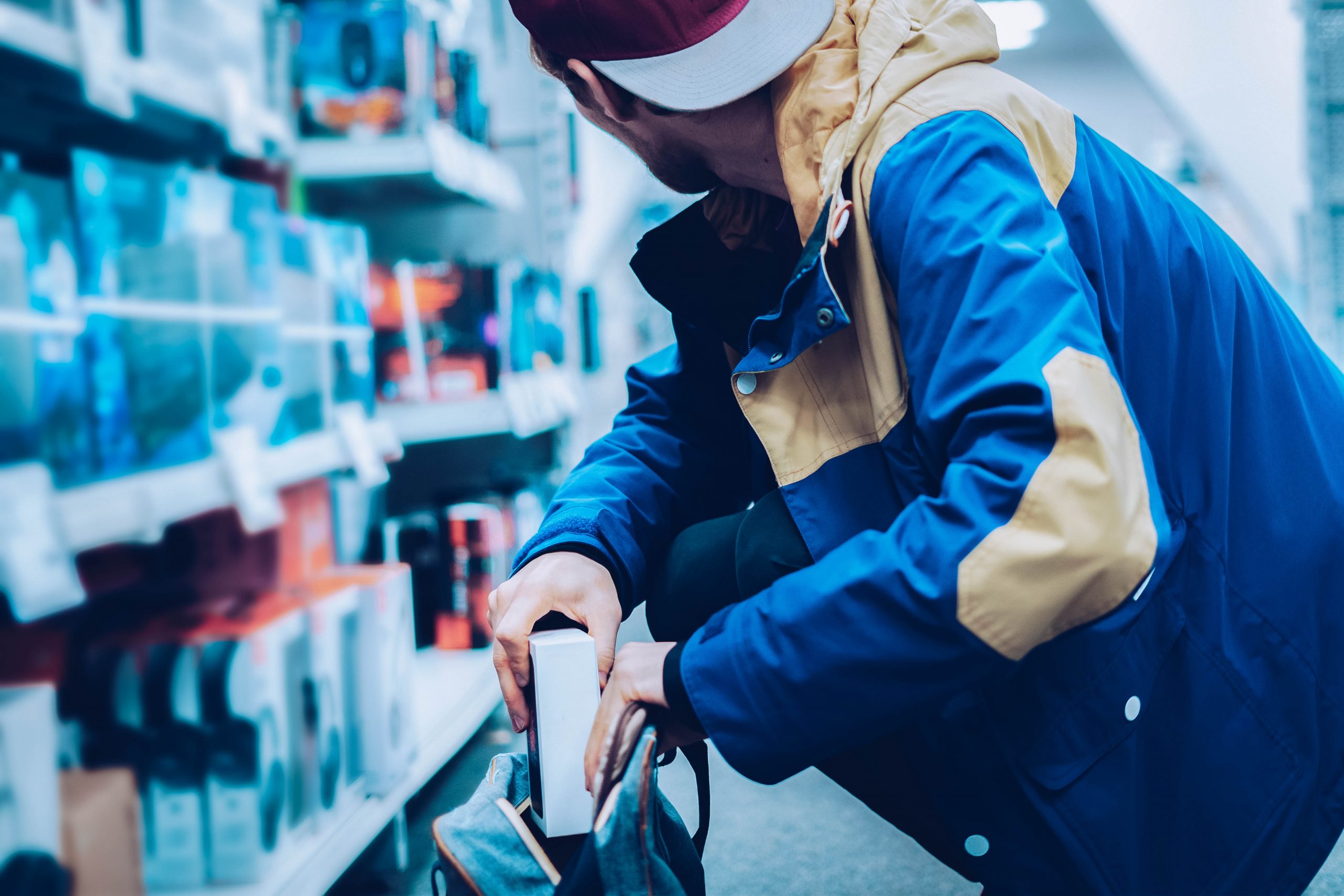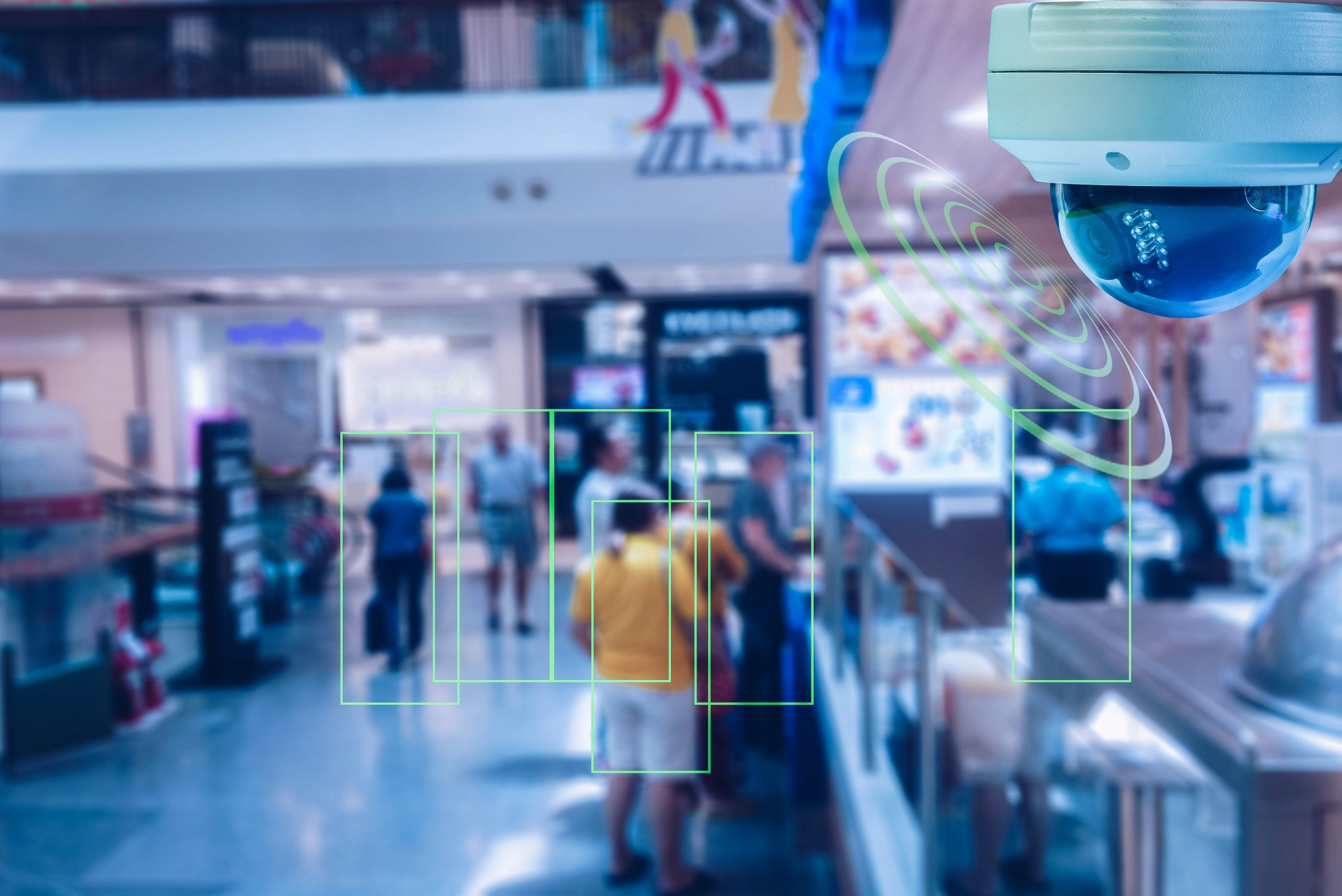‘IT’S ORGANIZED ROBBERY’: THE UK IS GRIPPED BY AN EPIDEMIC OF SHOPLIFTING, SHOPKEEPERS SAY
The UK has been hit by a wave of robberies at retail stores. The Guardian cites several stories from shopkeepers whose outlets have been hit hardest by theft.
The rise in shoplifting comes amid the cost of living crisis, and anti-poverty campaigners say some thefts are out of desperation.
According to the British Retail Consortium (BRC), shoplifting has more than doubled in the last three years and is set to reach 8 million in 2022, costing retailers £953 million. This trend is not limited to Co-op or large supermarkets. The Association of Convenience Stores (ACS), which has more than 33,500 stores, said last year saw the highest ever level of shoplifting, with 1.1 million incidents reported to the police.
In recent months David, who runs a Co-op store in Leeds, and his staff have been threatened with razors, knives, screwdrivers, needles and hammers by shoplifters who have become more brazen and aggressive.
Co-op said that for the first half of 2023, it has seen its highest ever levels of retail crime, shoplifting and anti-social behavior — almost 1,000 incidents a day. The company said police fail to respond to 71% of serious retail crime and that management is considering whether it is safe and commercially viable to keep some branches open.
Paul Gerrard, director of public affairs at Co-op and a former customs officer, described some shoplifting as «organized robbery,» saying gangs climb over kiosks and brazenly empty shelves into backpacks, construction bags and even garbage cans.
Another Cambridge shopkeeper, Ronnie, said that in the last week alone thieves had stolen five £7.99 steaks, 15 bags of chicken and lamb, 25 chocolate bars and fruit chews, 15 cans of energy drink and six bottles of wine. The 38-year-old entrepreneur said shoplifters terrorize his small business every day, costing him around £300 a week.
Lucy Brown, security director at Briatne conglomerate JLP, said: «UK retailers spend around £1 billion a year on stock losses and a further £700 million a year on crime prevention measures.
«Not only does this result in higher prices for genuine buyers, but it’s also money that would be better spent on things like innovative products or supporting British farmers and suppliers.» «Criminals choose products that are easy to hide and easy and quick to resell on the black market.»
For the Waitrose chain (part of JLP), she said — alcohol, meat, tobacco substitutes and health and beauty products such as razor blades and toothbrushes are the biggest losers. At the John Lewis retail chain it was pocket gadgets and gadgets, perfume and deodorants, and branded clothing.
Store owners complain of ineffective law enforcement, and say the current situation is such that periodically employees fear for their lives and don’t risk going to work.
«They are hitting us, they are hitting Tesco, Sainsbury’s, John Lewis. Some of them have Facebook groups saying, ‘I’m going to Matalan today, what do you want?’ These people are dangerous, they are a threat to society, but they also make our colleagues’ jobs just plain dangerous» — David states.






